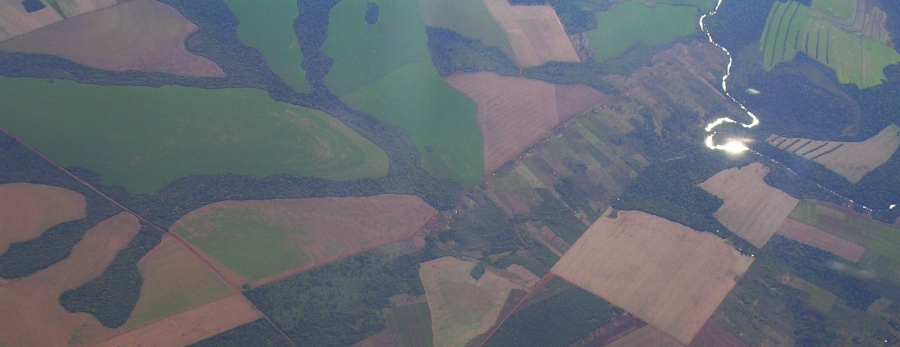The SARAS Network Will Work Further on Concerns and Management of Land Use in Latin America

How do external, global, and local factors shape decision making agents?
How do we manage and use pressures so that they are channeled positively incentivizing sustainable actions that lead to production systems with a greater adaption capacity and resilience? Questions like these opened the VI Cycle of SARAS Public Conferences titled “Sustainable Alternatives for Land Use in Latin America,” that took place in March 2016, Maldonado, Uruguay.
The Nature of Change
Marten Scheffer, Director of the SARAS Institute, focused on how socio-environmental issues are currently being addressed and the need to understand resilience mechanisms in order to predict change.
There is a need to promote a new science of complexity that explains and predicts big global transformations, if we want to understand the issues that are behind addressing sustainable land use.
Marten Scheffer stressed the holistic perception of reality observed in artists, and emphasized the need to increase interaction science-art in order to achieve an understanding of the big transformations. “Science has a hard time addressing world change because of its fragmented approach. We need to view reality differently. Despite common belief, changes occur in short periods and generally are very abrupt and unexpected. Systems vary silently, until critical transitions occur. Resilience is lost because the systems become fragile. If society doesn’t back or take ownership of policies, then the policies become basically ineffective. We need to understand and communicate in simple terms the global greatnesses,” he added.
Inter and transdisciplinary approaches, including art-science interaction, are alternative ways of overcoming challenges. The need to understand how changes occur and are perceived by decision makers, was the premise that the SARAS Director put forth to the participants and members of international institutions attending the meeting.
The SARAS Institute promoted an analysis of difficulties faced in land use enabling the interaction of economic, social and environmental sciences. According to Nestor Mazzeo, SARAS Director of Science, this was a huge challenge, especially having to introduce all ecosystem services in the economic analysis. He said, “Social and economic development in Latin America still depends on natural resources, and land is one of the most important resources. In spite of that, transformation processes that have occurred during the last two decades have generated problems in the conservation and use of this important resource and the resulting loss of ecosystem services.“
During the intense workshop that continued days after the conferences, scientists, members of international research institutes, and experts, discussed alternative pathways in decision making for land use in Latin America. The network of researchers will continue to work on issues discussed during the conference.
Click here to view information and presentations from the VI Cycle of SARAS Public Conferences, “Sustainable Alternatives for Land Use in Latin America.”
